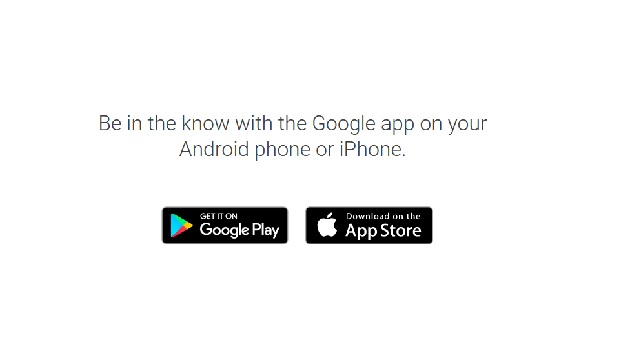When looking for jobs, women want to be sure that each subsequent role they take looks and feels like a progression in their career, a study has found.
There’s a constant feeling of needing to prove and re-prove oneself with each additional job change — this ties into the phenomenon of women who wait until their work life is really bad before they decide to leave.
In initial job hunts, Developer Hiring Experience Team of Automattic found that the respondents were relying heavily on their existing networks and on personal outreach from companies.
If they do not have a pre-existing connection with a company, they’ll likely scrutinize it for red flags before they submit an application, it was revealed.
Reliance on & Trust in Personal Network
Look at this feedback:
“As a woman looking for a new job, most of the time when I’m trying to find if somewhere is safe to be, I go through my reference network. That’s always my go-to search criteria. If someone I’ve known has worked here before and I know it’s a safe place, that’s a much higher-fidelity threshold for me.”
Job descriptions are searched for any discouraging language — for example, if parental leave descriptions only refer to mothers. Information — about the job, salary, team, and hiring process — is thus key for encouraging applications, according to the study titled Trust, Growth, Inclusion: A Study of Women Engineers’ Job-Search Priorities.
The data collected during the study showed women are looking for more communities focused on connecting to other senior-level women, and around more technical topics. Concerns around online harassment can put women off trying to build their network online.
Fair & Inclusive Hiring Process Needed
People from different backgrounds, with different identities and experiences, help make any product or service better – just as a client or visitor may come from everywhere, a diverse staff helps ensure that you create products or offer services that are accessible to a wide range of people.
You can look at Facebook which believes that understanding and managing unconscious bias can help us build stronger, more diverse and inclusive organizations.
Let’s commit to surfacing and counteracting unconscious bias to level the playing field for all of us
Having to produce results and be liked makes it harder for women to get hired and promoted, negotiate on their own behalf, and exhibit leadership.
Quite effectively, the Google People Operations team also held a workshop for employees – Unconscious Bias @ Work – to introduce the concept of unconscious bias and its impact.
The workshop leaned heavily on external research and internal examples. Thousands of Googlers participated in the 60-90 minute workshop, making it one of the largest voluntary learning programmes at Google.
While Google has been working on unbiasing the workplace for several years, it’s still just the beginning.
On your part, never miss an opportunity to share your company story: how you do things, what your mission is, and why your’s a great place to work.
Find us on Facebook, Twitter, Instagram, Pinterest and LinkedIn. Click here to subscribe Raisina Hill newsletter.












